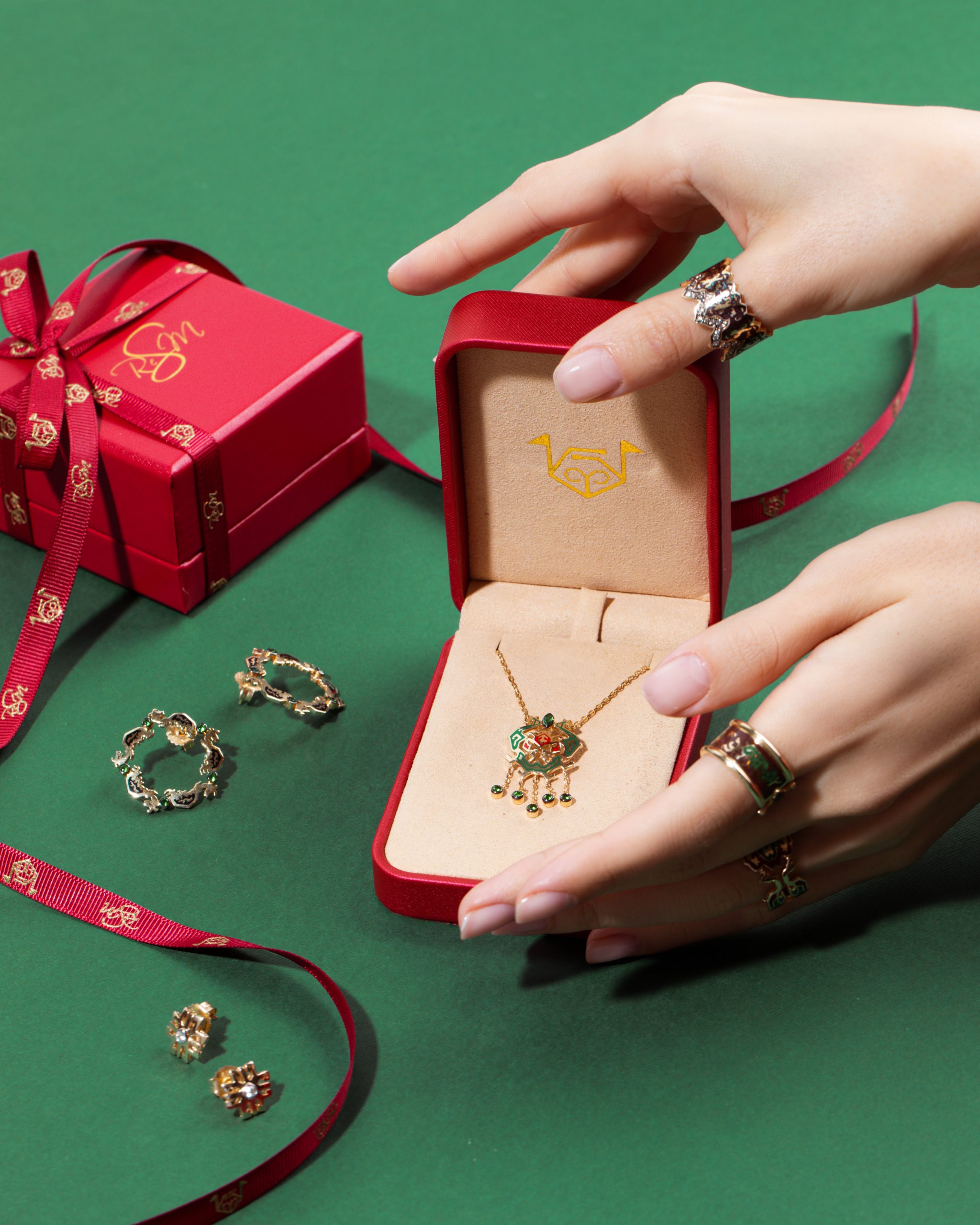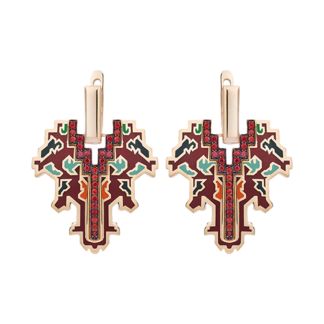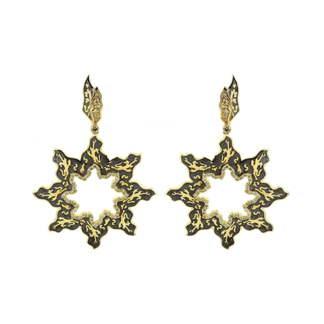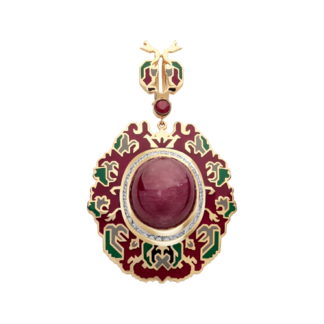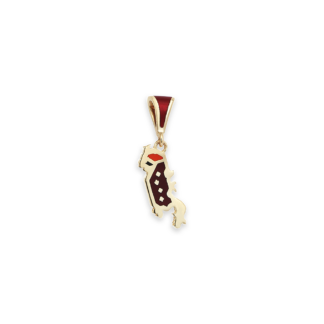Description
They have a unique structure and usually depict the images of various mystical animals. This type of rugs was mainly woven in Garabagh, Shirvan and Guba, between 16th and 18th centuries. Some textile fragments with a dragon motifs survived from the Ilkhanid period (13th – 14th centuries).
Dragon image when used alone symbolizes positive energy in Azerbaijani decorative-applied art examples. It may also symbolize water sources in Azerbaijani folk literature. In ancient Turkic mythology, “Büke”, “Evren”, “Kök-luu” and “Abyrga” dragons are the symbols of might and power.
Some historical sources mention “Dragon City” of ancient Huns. In Kipchak culture “Begsha” dragon was considered as a symbol of family hearth. A number of pile and flat-woven carpets from the Safavid period depict a dragon motif too.



